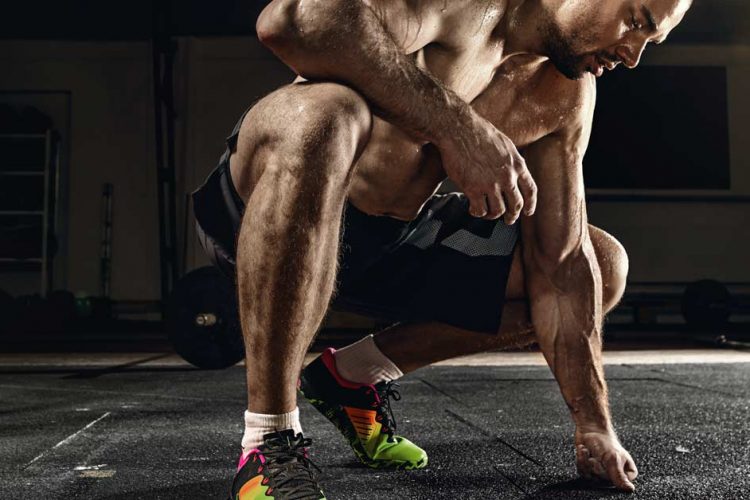Sports training is a critical part of any athlete’s regimen, but it can also be tricky. There are a lot of common mistakes that athletes make when they train, and if you’re not careful, you can easily fall into one of these traps. In this article, we’ll look at some of the most common sports training mistakes and how to avoid them.
5 Common Mistakes Made During Sports Training
- Not warming up properly
One of the most common mistakes athletes make is not warming up properly before their training session. Warming up helps to prepare your body for the physical demands of exercise and can help to prevent injury. A proper warm-up should gradually elevate your heart rate and increase blood flow to your muscles. A good warm-up should also loosen your joints and muscles, making them more pliable and less susceptible to injury.
- Training too hard, too often
Another common mistake is training too hard, and too often. It’s important to remember that your body needs time to recover from intense exercise. If you train too frequently or too intensely, you put yourself at risk for overtraining and burnout. When you’re planning your training schedule, be sure to leave adequate time for rest and recovery.
- Not cooling down properly
Just as important as warming up is cooling down after your training session. Cooling down helps to gradually reduce your heart rate and blood flow to your muscles. It also helps to prevent dizziness or lightheadedness by allowing your body to adjust slowly from an intense exercise session. A proper cool-down should last for about 5-10 minutes.
- Not staying hydrated
It’s vital to stay hydrated when you’re exercising, especially in hot weather. Dehydration can cause cramps, fatigue, and even heat stroke. Be sure to drink plenty of fluids before, during, and after your training session. And if you’re exercising in hot weather, be sure to increase your fluid intake even more.
- Not eating properly
Just as important as staying hydrated is eating a proper diet. Exercise puts a lot of strain on your body, and if you don’t fuel it properly, you won’t be able to perform at your best. Eating a balanced diet that includes plenty of fruits, vegetables, and lean protein will help you to maintain your energy levels and recover from your workouts.
Avoiding these common training mistakes can help you to improve your performance, prevent injury, and reach your fitness goals. Remember to warm up properly, train safely, and stay hydrated and well-nourished. By following these simple tips, you can help to ensure that your training is effective and
Proper diet and nutrition for athletes
This is a topic that is often overlooked but is essential for peak performance. Many athletes do not realize the importance of proper nutrition and how it can impact their training, recovery, and overall health.
Athletes need to consume adequate amounts of energy (calories), carbohydrates, protein, fat, vitamins, minerals, and water. Energy needs will vary depending on the type, intensity, and duration of training. Protein needs are also higher for athletes because of the repair and rebuilding of muscles that occur with exercise. They can get the majority of their protein needs from lean animal sources and plants. Another source of protein is milk protein isolate, which is a high-quality, easily digestible protein.
Fat is an important nutrient for athletes because it provides energy, helps absorb some vitamins, and maintains cell membranes. The amount of fat an athlete needs will depend on their energy needs. Saturated fats should be limited because they can raise cholesterol levels. Trans fats should be avoided entirely because they can have negative effects on cholesterol levels, insulin levels, and inflammation.
Vitamins and minerals are essential for many biochemical reactions in the body. They are needed for energy production, muscle contraction, nerve function, and healthy bones and teeth. Some vitamins and minerals can be found in a variety of foods, while others are only found in small amounts or not at all. Therefore, athletes need to take a daily multivitamin and mineral supplement to ensure they are meeting their needs.
Water is the most important nutrient for athletes because it makes up more than 60% of the human body. It is needed for all chemical reactions in the body, to transport nutrients and oxygen to the cells, and to remove wastes. Athletes need to drink plenty of fluids before, during, and after exercise to stay hydrated. Thirst is not a reliable indicator of dehydration, so athletes need to drink even if they do not feel thirsty.
If you are an athlete, or if you are working with athletes, it is important to be aware of their energy and nutrient needs. Proper nutrition is essential for optimal performance, recovery, and health.

